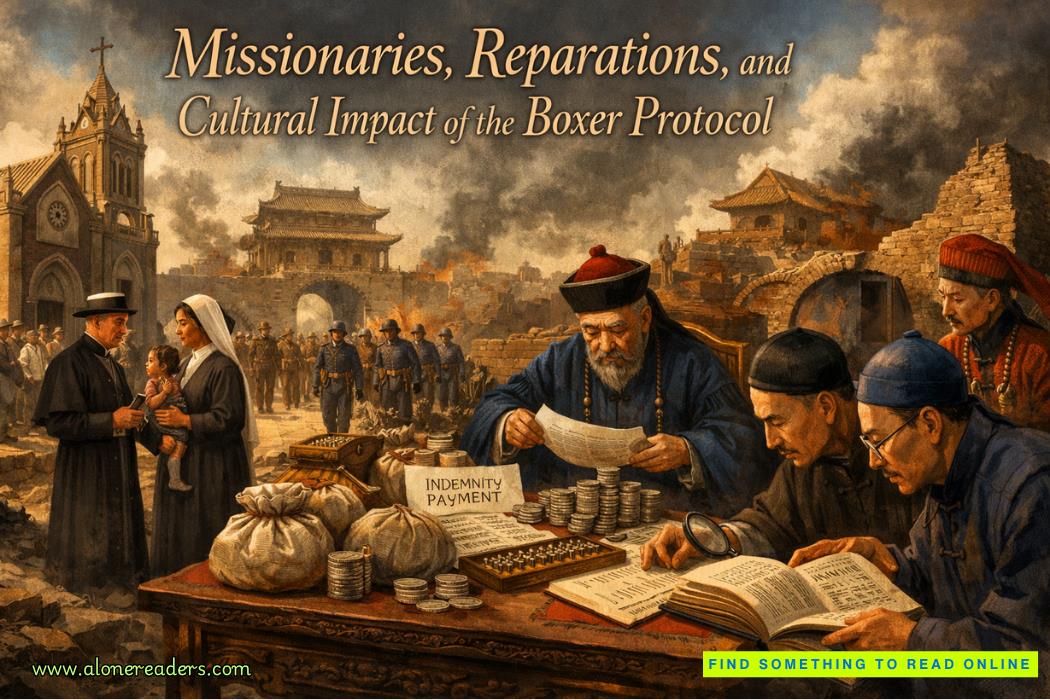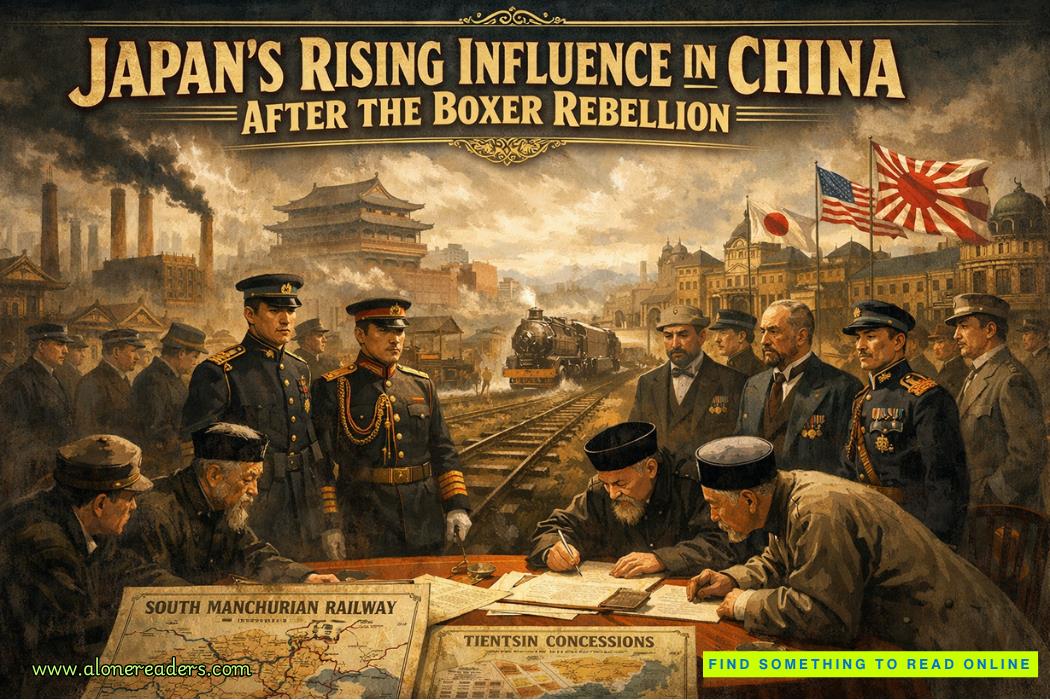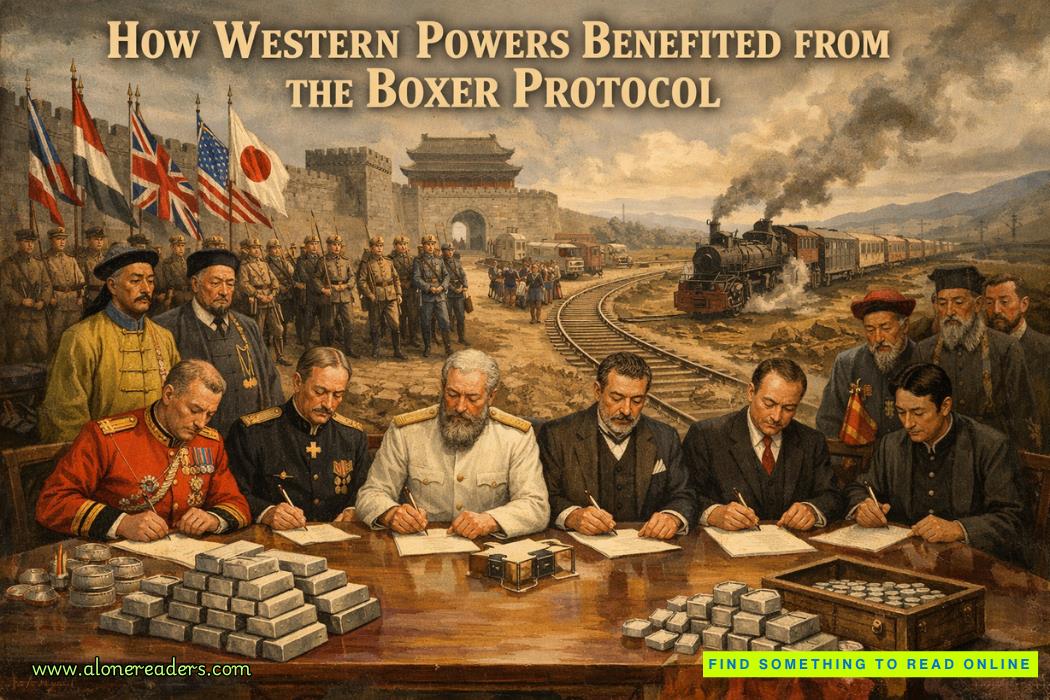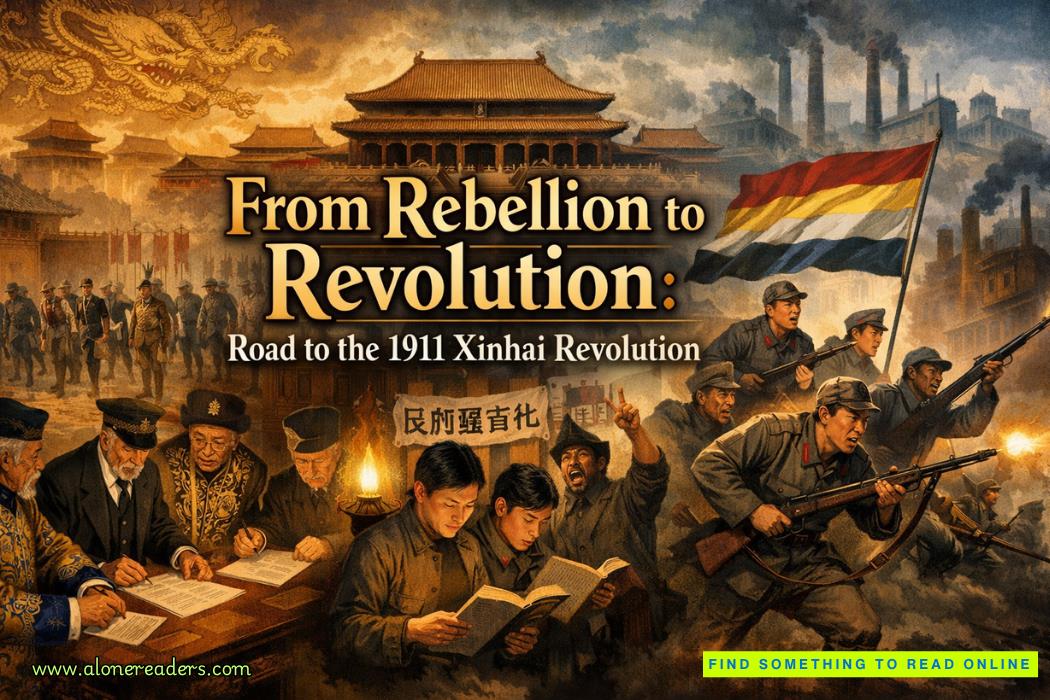She didn’t answer. It had been a long time since she’d bantered with a man, a year of mourning, and soon after, her marriage. They were alone in her room, and no one knew. She was surprised at the forbidden pleasure of it, had never imagined that this might attract her.
It was the danger, she realized, and felt a little shiver. He could do ... anything. And yet she didn’t ask him to leave, nor did she flee. A single candle kept him in the shadows, his broad shoulders filling the window frame.
“Tell me, Cecilia,” he murmured.
Again, she felt the lure of the familiar way he said her Christian name. She’d heard him use it just after the accident. It made her feel ... close to someone, not so alone, with the weight of so many responsibilities on her shoulders. Responsibilities she wanted, she reminded herself. And she was strong enough to accept them. But to Lord Blackthorne, she was a woman.
“You don’t want to hear about my suitors,” she said, finding herself at his side. They stared out on the moonlit gardens, where the pale light illuminated the strangest shapes, making it not the grounds she knew so well.
“Why wouldn’t I?” he asked. “They are all the men you turned down, so you could choose me.”
She almost choked out a laugh. “Choose” him? She’d turned to him in desperation. “Some were simply too young, others too old. And I loved none of them.”
“I didn’t realize you cared about such an emotion. I thought maybe you didn’t even believe in it, as if you were so very different from other young women.”
She shrugged, still not looking at him. With a prickling awareness, she realized he’d silently stepped behind her, and now she could see his face reflected in the window, above and behind hers.
“Love—love doesn’t matter in the management of great estates,” she said.
“So cynical for one so young.”
He very gently rested his hands on her shoulders. She tensed, but when he did nothing else, she didn’t pull away.
In a soft voice, he continued, “But others obviously believed that you married me because of my letters. Aren’t they misleading themselves into thinking that’s love? Or did you tell them something else?”
“I was vague,” she admitted. “I told them your letters were ... meaningful, and I allowed them to believe what they wished.”
“But I hear I was romantic.”
She was hot with embarrassment, with his nearness, with the crazy feelings that were surging inside her very blood. “You know you weren’t. You’re a practical man, Lord Blackthorne.”
“I’m sure others believe the opposite, that one would have to be very romantic to woo such a sensible woman as you into a wedding ceremony performed on the other side of the world from the bride.”
His hands weighed heavy on her shoulders, and without her skirts keeping them apart, he was able to stand very close behind her. She thought she could feel the brush of her dressing gown against his legs. She almost wanted to sway with abandon.
He was not making love to her with his words, but there was something about being alone with him, on the edge of danger, that made her realize now why good girls didn’t allow themselves to be alone with a man.
“Tell me the things that a romantic man would write,” he said, his voice growing huskier. “I have no experience in courtship, unlike you, with your half dozen suitors.”
He was moving his hands on her shoulders now, very gently squeezing, and it felt ... strangely relaxing. At the same time, she couldn’t imagine being any more awake and aware. His long fingers spanned her collarbones, dangerously close to the rise of her breasts. She could see in the window that his head was bent, as if he watched his own hands upon her. She couldn’t move—the moon and the night and his presence enthralled and held her captive.
She had to speak; surely that would break the spell. “I guess ... you could have written about the moon. That seems to captivate young lovers.”
“The moon,” he mused. “You think imagery would lure you into marriage?”
“Others were ready to believe it so.”
In the window, she could see his head lift as he gazed out on the English moon that loomed over the land with distant benevolence.
“I remember the moon,” he murmured, “shimmering in the night heat, rising over the ruins of a temple that was being swallowed up again by the jungle.”
It was difficult to swallow, difficult to find moisture, when her lips wanted to part. She didn’t remember India that way and didn’t like that he could conjure up such a vision with only words. She cleared her throat. “That imagery ... wasn’t bad.”
She wanted him to chuckle, to keep things light between them, but he didn’t. He was studying her in the window just as much as she was studying him. And then she realized that the dressing gown she’d clutched to her throat had now separated, the belt sagging, her neck revealed, along with the dark valley at the tops of her breasts. It was nothing he wouldn’t have seen as they danced a waltz in a ballroom, but they were so very alone in the night—in the bedchamber that by law he should be able to share with her.
Her trembling started again, and he must have felt it, for his hands slid to her upper arms, and he began to rub up and down, slowly, so slowly.
“Tell me more,” he said. “I want to learn what pleases you.”















